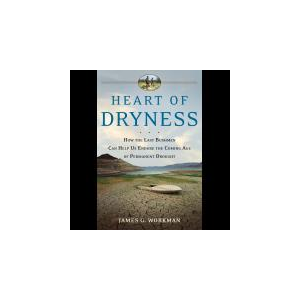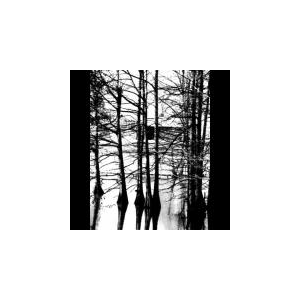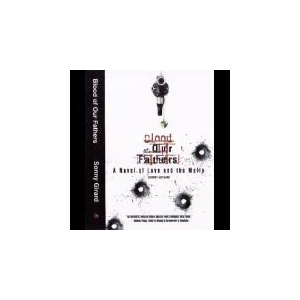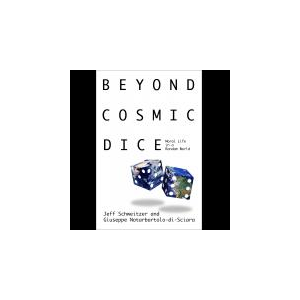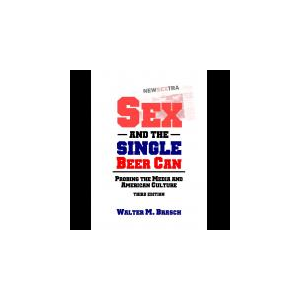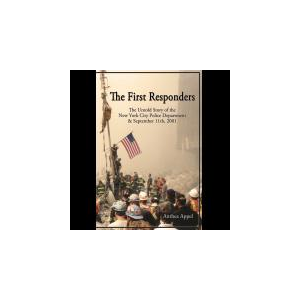Putin's Legacy: Russian policy and the new arms race.
The Story Behind This Book
In March 2006, an extraordinary meeting took place at the Victory Services Club in central London. I had received some interesting information from an acquaintance, Vladimir Bukovsky, a prominent Russian dissident, concerning allegations that a senior European politician was a former KGB "asset". Together with Gerard Batten, a Member of the European Parliament, we were introduced by Bukovsky to Oleg Gordievsky, formerly deputy Head of KGB in London. A great deal of information came our way during the course of the meeting, but for quite some time we seemed to be skirting around the real reason for our being there. Eventually we got there, and the name I had previously been given finally came into the conversation. Our motives were questioned briefly before our two Russian friends made a call on a mobile phone. After some discussion, the phone was handed to Batten, with the words "This young man will give you Romano Prodi... His name is Alexander Litvinenko". The following month Batten denounced the former President of the European Commission - and at that time candidate for the office of Prime Minister of Italy - to the European Parliament in Strasbourg. Amongst the most serious of claims was that Prodi had in some way colluded in the protection of KGB agents allegedly involved in the attempted assassination of Pope John Paul II in 1981. This claim was supported by the Italian Parliamentary Commission, headed by Paolo Guzzanti, who concluded that the KGB and GRU (Soviet military intelligence) were involved in the assassination attempt. The Pope's personal secretary, Cardinal Stanislaw Dziwisz also alleged in his book A Life with Karol, that the pope was convinced privately that the Soviets were behind the assassination attempt, writing that, "all roads lead back to the Soviet KGB". Calling for an enquiry into Prodi's alleged links, Batten stated that, "Former senior members of the KGB are willing to testify in such an investigation, under the right conditions... It is not acceptable that this situation is unresolved, given the importance of Russia's relations with the European Union." No enquiry was ever held. In November 2006, Alexander Litvinenko was admitted to hospital with suspected poisoning. Twelve days later he was dead, having been poisoned with Polonium. The man wanted by police in connection with killing is a former KGB officer who now sits as a member of the Russian Parliament. The relationship between Russia's security forces and its government has changed since the fall of communism, and understanding the dynamics between he two is a crucial factor in deciding how we conduct our relations with that country. Russia is not a democracy as we in the West would define it, and attitudes within government and industry alike towards laws and contractual obligations differ fundamentally from ours. It is, however, a great and proud nation whose people have suffered dreadfully during its recent turbulent history. The position of power it occupied within the Soviet Union is gone, and its neighbours are looking westwards, restructuring their societies and economies, and joining the EU and NATO. This is extremely humiliating for Russia, which seemingly does not understanding the Western goal of peaceful interdependence based on the rule of law any more than many Western politicians understand the Russian mindset, which they perceive to be a threat to their security. Russia, I would argue, is highly unlikely ever to adopt the structures of a liberal democracy, and so we have no choice but to accept the presence on the EU's Eastern borders of a controlled state, currently being run by the same people who own it, and with little regard for international law or public opinion. Some may describe 21st century Russia as "fascist". While it certainly satisfies many of the criteria classically associated with fascism, I nonetheless feel this to be a pessimistic evaluation, and in any case I abhor the use of analogies with the past in order to denigrate that which we may not fully comprehend now. I would point to the extreme economic conditions that followed the break-up of the Soviet Union - a situation that the Western nations both desired and contributed to, as being the catalyst for dramatic swings that saw, initially, forms of democratisation and liberalisation introduced at breakneck speed, followed by a swift reassertion of state control that appears to have swept aside many of the gains made. The latter developments, of course, occurred under the jurisdiction of one man: Vladimir Putin. Following the resignation of Boris Yeltsin in December 1999, Putin became acting President of the Russian Federation. Calling an election in March 2000 - his rivals had been preparing for elections in June - Putin was victorious and was formally inaugurated in May. He was re-elected in March 2004, but only being allowed to serve two terms he was obliged to stand down in 2008. He oversaw a major restructuring of several aspects of the Russian political system, replaced the elected Governors and Presidents of the regions and republics with officials proposed by his own office, and by the end of his second term there remained little in the way of independent political power. Changes to the legal system have seen trial by jury abolished in some cases. The political and financial institutions have been seeded with Putin's former KGB associates, the independent media has been silenced, and journalists intimidated and murdered. On leaving the Presidential office, Putin became Prime Minister, and in many policy areas has been perceived as significantly more powerful than his successor as president, Dmitry Medvedev. Whilst his Machiavellian behaviour would not have been out of place in Western Europe in the early half of the last century, we need to understand that Russia is at a different stage in its development to its European neighbours. The evolution of the Russian polity differs from our own experience and history, driven by different priorities and values. Within the context of the Russian political system, and from the perspective of the Russian people, Putin has been a great success. He arrived on the stage at a time when there was no other world leader of any great note in Europe, or indeed anywhere else, and at a moment in history when European sovereign states are realigning themselves along federal lines. He has been quite clearly the strongest and most decisive political leader of the early 21st century. I would argue that the most negative aspect of Putin's political legacy from both the Russian and foreign perspective is his suppression of potential rivals, both individual and corporate. The competitive elitist nature of politics should see new blood and new ideas rising to the surface ready to take the helm in the future. This is unlikely to happen under the present regime, and without that competitive struggle during which the strongest and most able develop their political skills, the next generation of leaders may not emerge with sufficient experience. This is likely to be to Russia's great detriment, as the result is likely to be further assumption of power by the state bureaucracy, and a dogmatic attachment to the past. Regimes and ideas that outlive their natural life spans seldom, if ever, serve their people well. Gary Cartwright Brussels September 2009

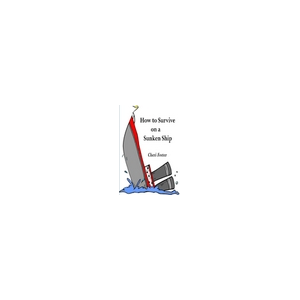
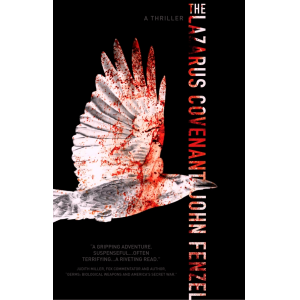
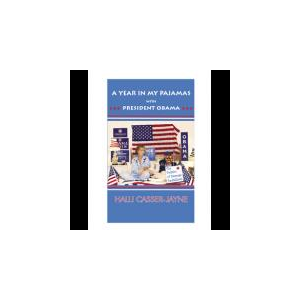
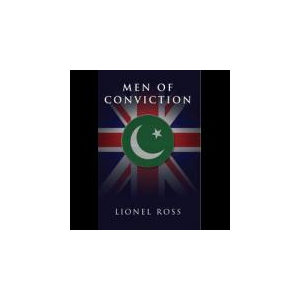


![The End Times Passover [Etymological Challenges to Millenarian Doctrines]](https://d3vm9ajvvas0k9.cloudfront.net/cdn/img/meta/books/300/6b93b5a27c432f85491a6d758e88a03d.jpg)
